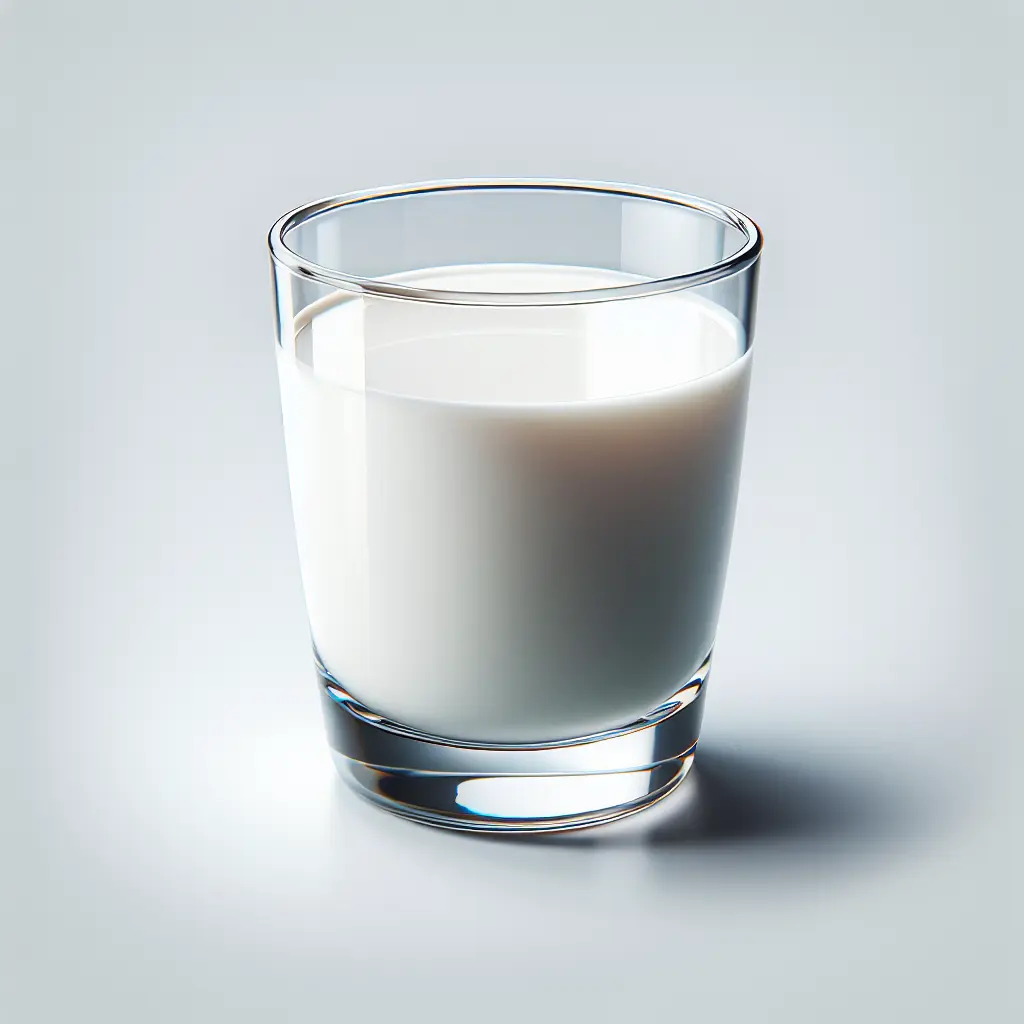Whole Milk: A Nutrient-Rich Beverage
Whole milk is a type of milk that has not been skimmed or reduced in fat content. It is a good source of protein, fat, carbohydrates, and essential vitamins and minerals. Whole milk has been linked to several health benefits, including:
Nutritional Value of Whole Milk
Whole milk is a nutrient-rich beverage that provides a range of essential nutrients. One cup of whole milk contains:
- Calories: 149
- Protein: 7.7 grams
- Fat: 7.9 grams
- Carbohydrates: 12 grams
- Fiber: 0 grams
- Sugar: 12 grams
Whole milk is also a good source of several vitamins and minerals, including:
- Vitamin A: 10% of the Daily Value (DV)
- Vitamin D: 25% of the DV
- Calcium: 30% of the DV
- Potassium: 10% of the DV
Health Benefits of Whole Milk
Whole milk has been linked to several health benefits, including:
- Improved bone health: Whole milk is a good source of calcium, which is essential for strong bones. Studies have shown that drinking whole milk can help to increase bone mineral density and reduce the risk of osteoporosis.
- Reduced risk of heart disease: Whole milk contains conjugated linoleic acid (CLA), which is a type of fatty acid that has been linked to a reduced risk of heart disease. CLA has been shown to help to lower cholesterol levels and reduce inflammation.
- Improved cognitive function: Whole milk is a good source of choline, which is a nutrient that is essential for brain health. Choline has been shown to help to improve memory and learning.
- Reduced risk of type 2 diabetes: Whole milk contains a type of sugar called lactose, which is digested more slowly than other types of sugar. This can help to keep blood sugar levels stable and reduce the risk of type 2 diabetes.
How to Use Whole Milk
Whole milk can be enjoyed in a variety of ways. It can be drunk on its own, added to cereal or oatmeal, or used in baking and cooking. Whole milk can also be used to make yogurt, cheese, and other dairy products.
Whole milk is a versatile and nutritious beverage that can be enjoyed by people of all ages. It is a good source of protein, fat, carbohydrates, and essential vitamins and minerals. Whole milk has been linked to several health benefits, including improved bone health, reduced risk of heart disease, improved cognitive function, and reduced risk of type 2 diabetes.
How many calories are in Whole Milk?
Each 1 cup of Whole Milk contains 149 calories.
Whole Milk Nutritional Information
| Nutrient | Amount per 1 cup (244g) |
|---|---|
| Calories | 149 Calories |
| Protein | 7.7g |
| Fat | 7.9g |
| Saturated Fat | 4.6g |
| Cholesterol | 0.024mg |
| Carbohydrates | 12g |
| Dietary Fiber | 0g |
| Sugar | 12g |
| Sodium | 0.105mg |
| Potassium | 0.3221mg |
| Calcium | 0.276mg |
| Iron | 0.0001mg |
